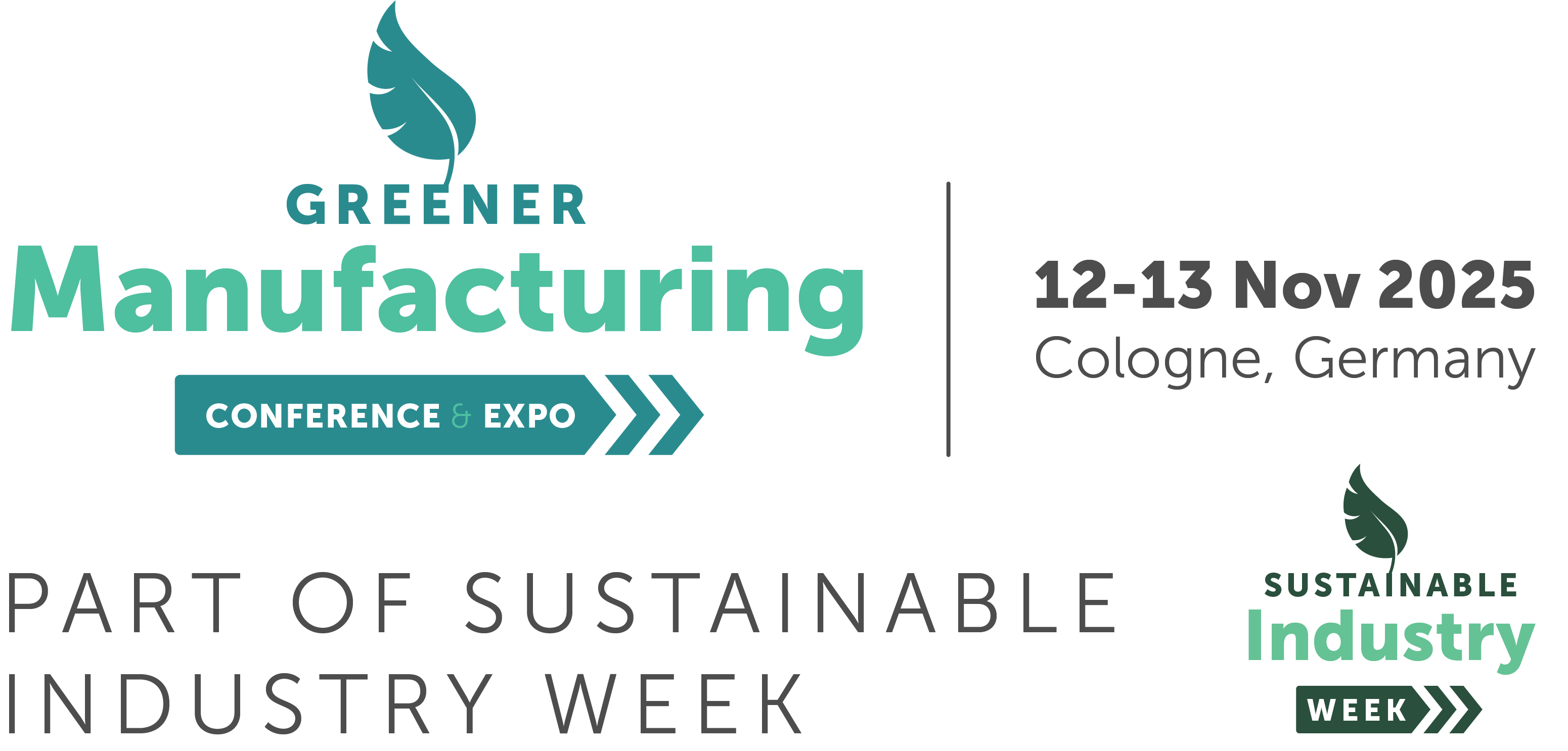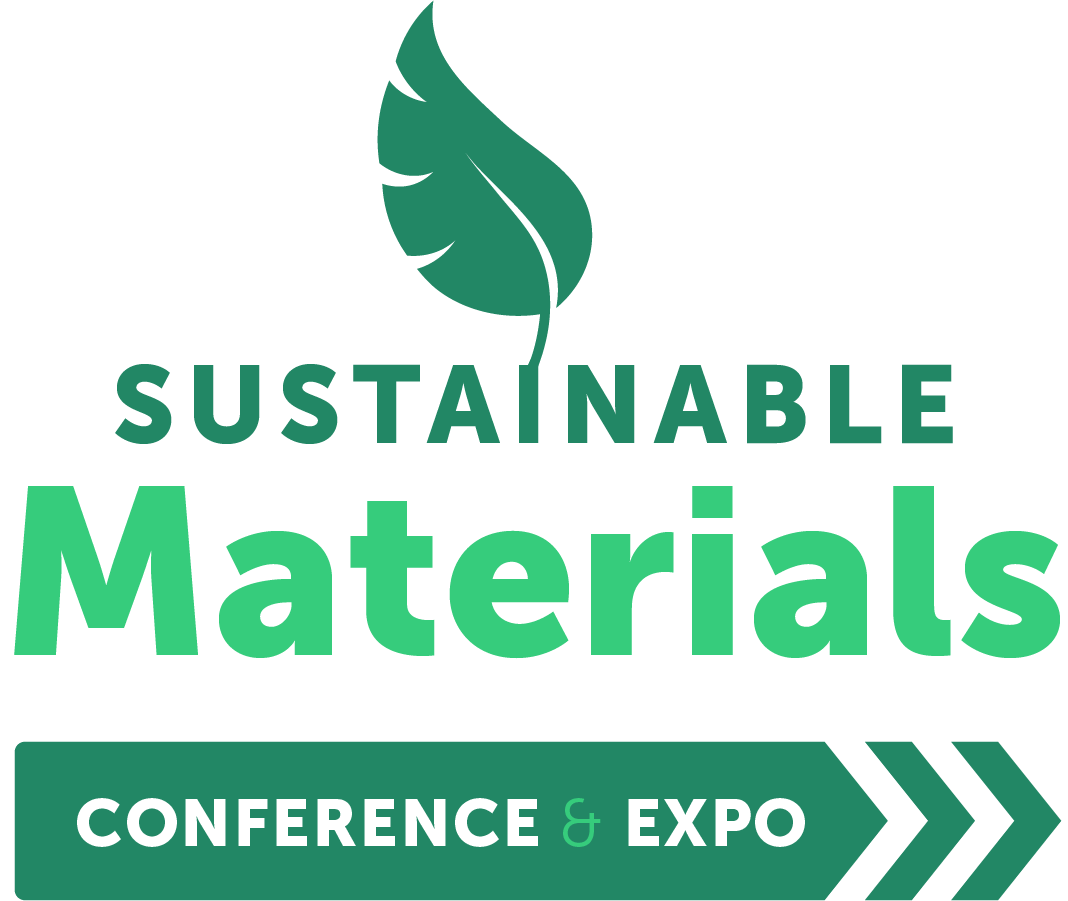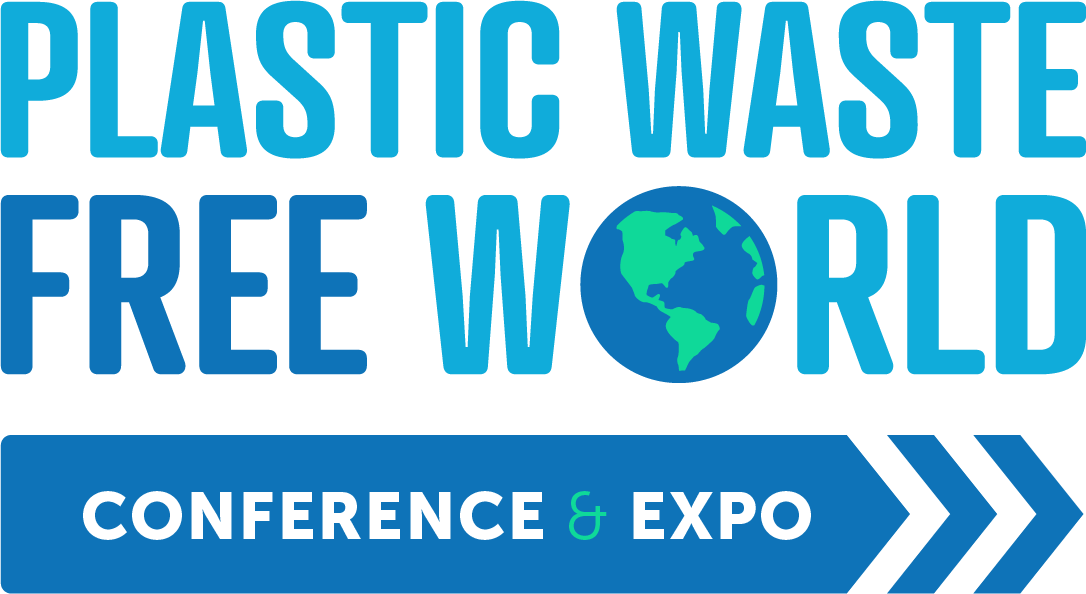A British Design Firm has Developed Sustainable Car Interiors Made Out of Recycled Food Products
)
Callum's design and engineering team took an inventive approach to uncovering new sustainable materials to offer customers. Headed by Charlotte Jones and Ian Callum CBE, the 'SMS' design study centered on a retromod Porsche 911 interior, leading to the discovery of coffee pulp, eggshells, red lentils, walnuts and rice as potential resources for the car interior of 2030. The goal was to demonstrate that there are realistic sustainable alternatives for the automotive industry.
Callum collaborated with green-tech company Ottan to pinpoint materials capable of substituting plastics and still satisfythe exacting design, ecological, and engineering standards of a car. Ottan found solutions such as eggshells blended with resin, capable of adhering to temperature and wear specs. Applications included window switch trimming, with the addition of walnut shells raising the recycled content of the material to 84%. Additionally, lentils and out-of-date rice could be transformed into a clear material ideal for lighting-dependent car parts, such as lamp covers or illuminated switches. As a fire-resistant option, coffee pulp could substitute conventional plastics for dashboard insert decorations with a glossy finish.
To show that sustainability can still produce eye-catching colors, Callum discovered that purple carrot pulp could be usedto create a mulberry-like hue for trim components. Additionally, recycled tree leaves could be transformed into a dark, glossy finish, offering an alternate natural option to wooden veneers for the dashboard or center console. Seats needed to combine resistance to wear and tear, comfort, and lasting colors, and Callum decided to opt for recycled materials that would have typically gone to waste.
“Around the world, we consume roughly 62 million tonnes of textiles a year and around 87 per cent of the total fibre input used for clothing is either landfilled or incinerated,” said Charlotte Jones, Callum’s head of materials and sustainability.
“Companies such as Planq take jeans, then shred and press them with potato or corn starch to create a hard veneer that could be used for seat shells or dash centres. The SMS design study was created by Callum to illustrate that there is another way and we can support manufacturers and suppliers identify engineered alternatives that end-consumers are increasingly looking for.”
The Callum design study utilized Camira, a fabric derived from marine plastic waste such as polyester, to upholster its seat center facings, while the bolster surfaces were covered in Féline, a delicate material manufactured from PET bottles. All materials met, or had the potential to meet, existing automotive standards and were feasible for production by 2030. As a result of its sustainability studies, Callum developed a hemp/flax composite option which can now be chosen for its most recent project, the Barq EV scooter. The chosen materials posed no additional weight penalty for the restomod on which the study was based, and importantly, each could be recycled in the future if necessary. For the carpet, Jones proposed Econyl, a material created from nylon carpets and fishing nets, which provided hard-wearing fabric.
“More of our customers are starting to think about sustainable projects and put an emphasis on the circular economy. With others, we might nudge them down that path, highlighting the business benefits of making a more sustainable choice,” added Callum, the eponymous company co-founder and design director.
Located in Warwick, UK, Callum is an acclaimed design and engineering company specializing in crafting custom and limited-edition products. With its 20,000 ft2 facility, the business utilizes cutting-edge technology to produce prototypeand trim designs as well as machining services. The mastermind behind this innovative business, Ian Callum, is widelyacclaimed for his notable work in automotive design, including the Vanquish, Vantage and DB9 from Aston Martin, F-Type, F-Pace, XJ from Jaguar and the I-Pace, winner of the prestigious World Car of the Year award.





